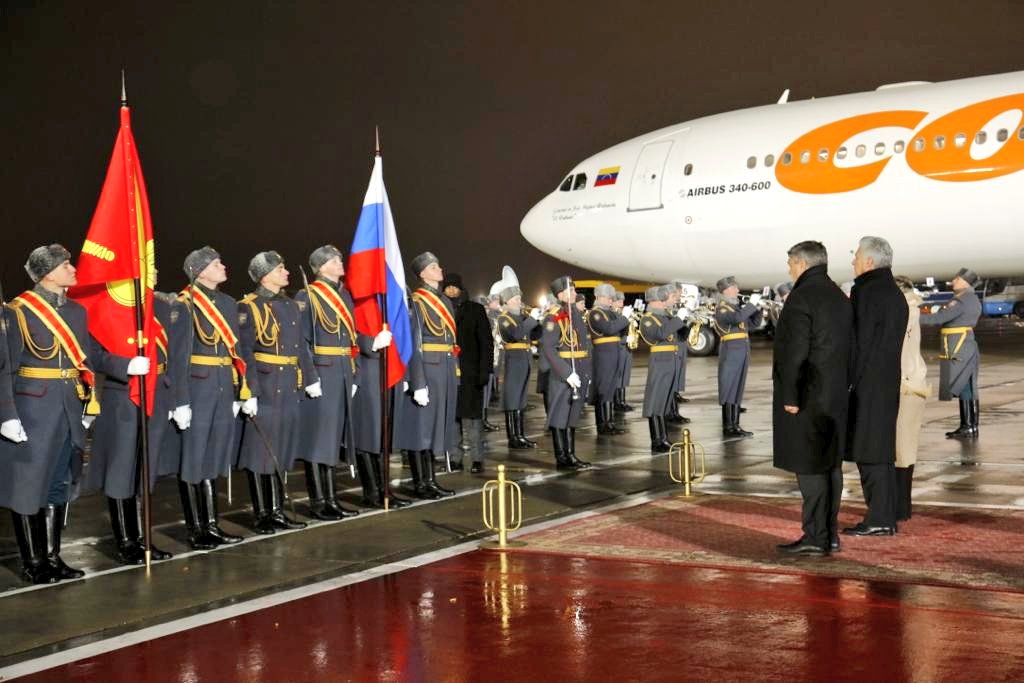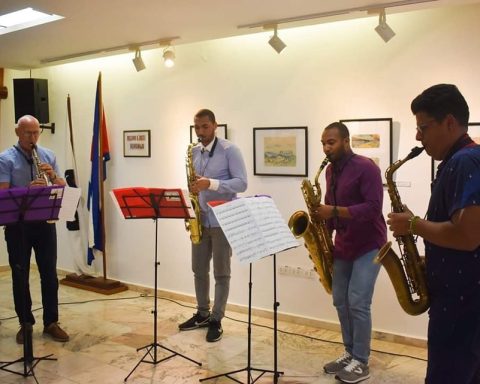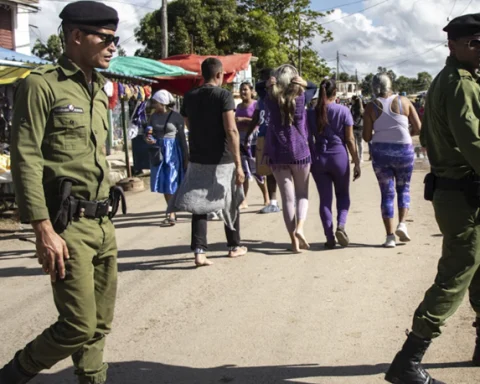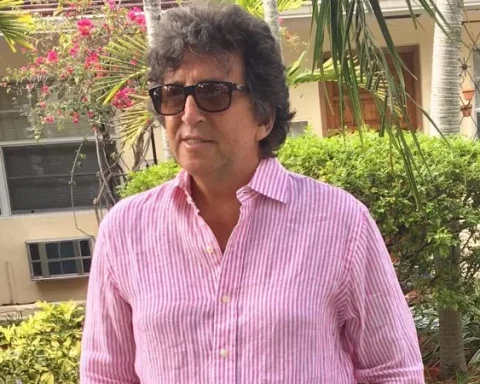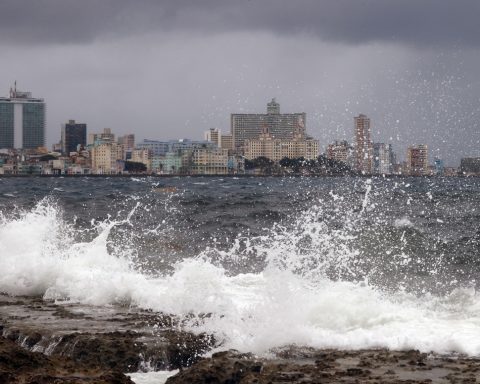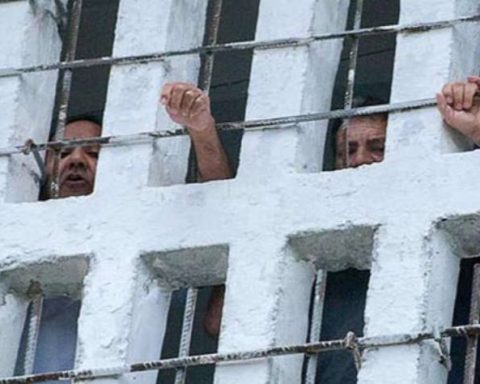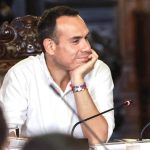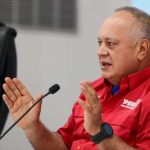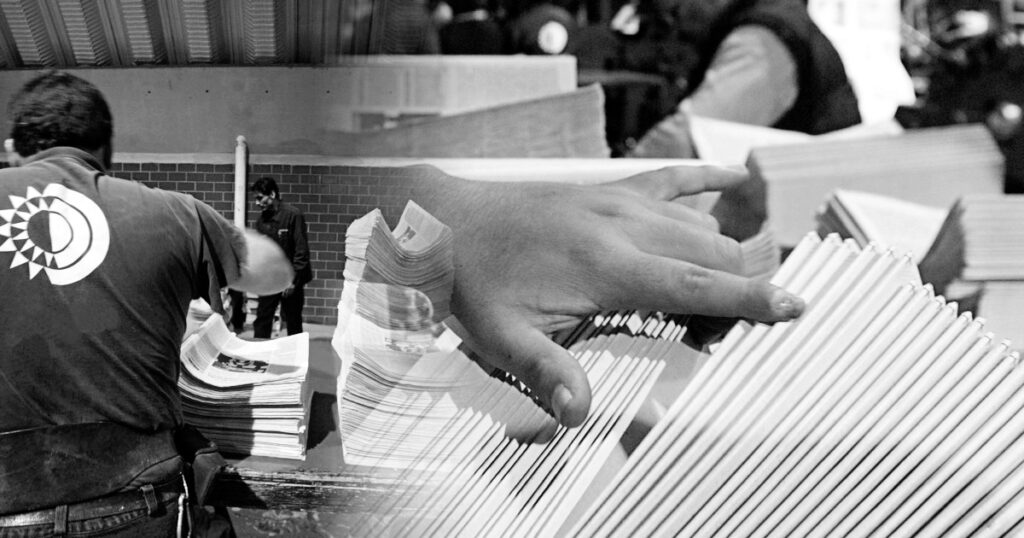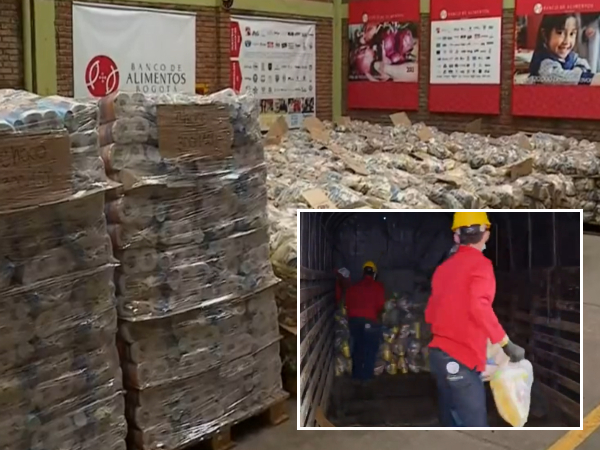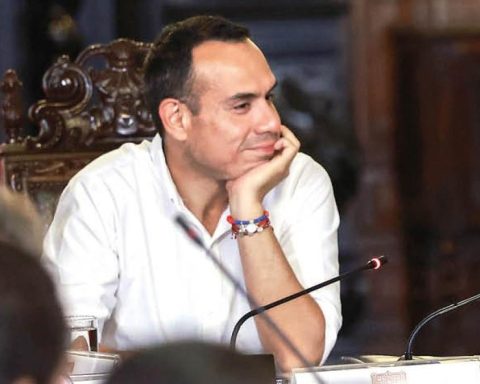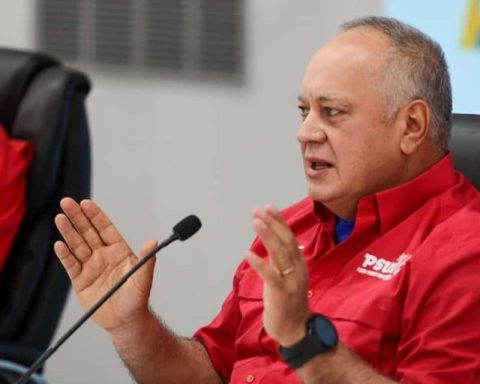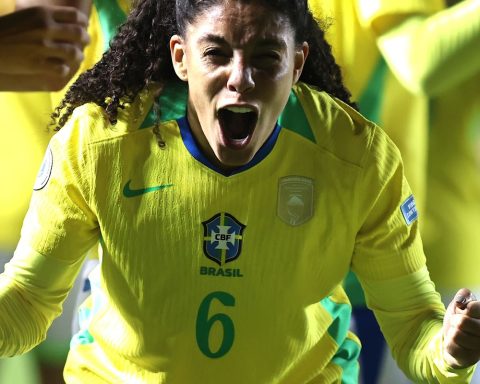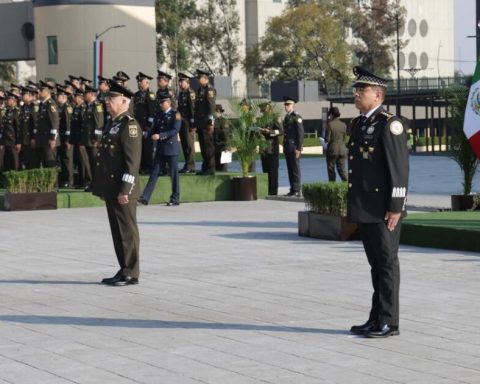MEXICO CITY, Mexico.- Cuban President Miguel Díaz-Canel arrived in Russia today to meet with his counterpart Vladimir Putin. The visit is part of his tour of allied countries, casually pointed out for their undemocratic practices or violations of Human Rights.
EFE press agency He exposed the interest of the Cuban government in importing fertilizers, hydrocarbons and wheat from Moscow, citing the own references of the Ministry of Economy of the ex-Soviet nation.
The Cuban authorities know that the supply of hydrocarbons is a priority to restore electricity and services affected by the lack of generation. In recent months the island has experienced agonizing blackouts that have driven the population to the streets to protest.
Statue to Fidel Castro
During the visit to the Russian capital, Díaz-Canel and the local authorities will inaugurate a statue in honor of the dictator Fidel Castro. The monument will be in a square in Moscow that bears the name of the former Cuban president. The act will be a tribute to Castro six years after his death, the agency pointed out.
Díaz-Canel landed with his wife Lis Cuesta at the Vnúkovo-2 airport, coming from Algeria, where he began his journey. There he obtained the cancellation of the outstanding interest on the Cuban debt and the postponement of its repayment “until further notice.”
His visit to Russia occurs in the midst of the country’s invasion of Ukraine, which has generated a wave of international rejection. However, Cuba has made it clear from the start that it fully supports its historic ally.
Since the beginning of the war, last February, the Cuban propaganda machine has used misinformation to push the Russian narrative on the war in Ukraine.
Still, the island’s official media present the United States as the main party responsible for the conflict and Ukraine as a “Nazi” regime. In turn, they promote Moscow as a victim that had to deploy a “military special operation” (they don’t call it an invasion) to defend itself.
historical allies
In addition to historical ties dating back to the years of the USSR, Cuba and Russia share an enemy that unites them: the United States.
Just last Thursday, Russian Deputy Foreign Minister Sergei Riabkov and Cuban Deputy Prime Minister Ricardo Cabrisas met to discuss the “unacceptable” sanctions against their countries.
The officials also discussed current issues for strengthening the association between Moscow and Havana in the political, commercial, economic, investment, cultural and humanitarian spheres.
In 2014, the Kremlin forgave 90% of Cuba’s debt to the former Soviet Union. This was for decades the main trading partner of the Caribbean island and its supplier.
In February of this year, the Russian Duma (Lower House of Parliament) ratified the regulations that allow an extension of the payments of Russian credits granted to Havana until 2027.
Receive information from CubaNet on your cell phone through WhatsApp. Send us a message with the word “CUBA” on the phone +525545038831, You can also subscribe to our electronic newsletter by giving click here.
